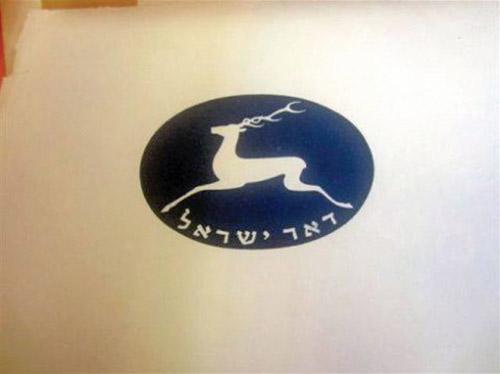
Exodus 32:11: ‘Va-yechal Moshe et Pnei…’
We all know the above phrase. It is the beginning of the Torah reading on fast days. The context is that Bnei Yisrael had sinned

We all know the above phrase. It is the beginning of the Torah reading on fast days. The context is that Bnei Yisrael had sinned

I previously wrote a column about Yaakov’s blessing to Naftali. At Genesis 49:21, we read: “Naftali ayalah sheluchah, ha-noten imrei shefer”= Naftali is a hind

It is very easy to intuit that the root of the word “midbar” (desert) is D-B-R, since a typical way that Hebrew forms its nouns

I just came across a very interesting book, “Nehama Leibowitz: Teacher and Bible Scholar.” The author, Yael Unterman, worked on this book for 10 years

Most nouns in Hebrew derive from a verb. Let us try to figure out what verb was the root of this one. Unfortunately, yod-resh-chet never

At the beginning of our daily prayers there is a section with fourteen blessings, beginning with the “sechvi” blessing. Where do these blessings come from?

The name “Mitzrayim” raises three questions: 1) Did the ancient Egyptians use this name as well? 2) Why the plural-style ending in the name? 3)

I have read the relevant verses on this subject for decades without understanding them. It is time to finally explore this topic. At Genesis 15:14,

Last year I read a book by someone very familiar with rabbinic Hebrew and modern Hebrew who ended up studying the King James Bible and

At Genesis 49:21, Naftali is given the following blessing: “Naftali ayalah sheluchah, ha-noten imrei shefer.” Here is the translation in the ArtScroll Stone Chumash: “a

In this week’s parsha, Jacob’s sons return home and tell Jacob that Joseph is still alive and that he rules over the entire land of

This is a question that has been troubling me for decades (along with whether there is a connection between “milchama” and “lechem”!) Both “mishpacha” and